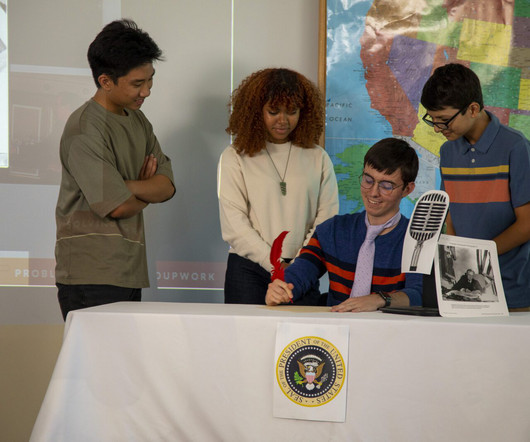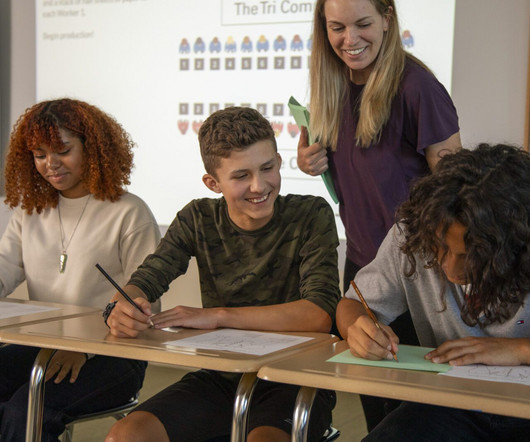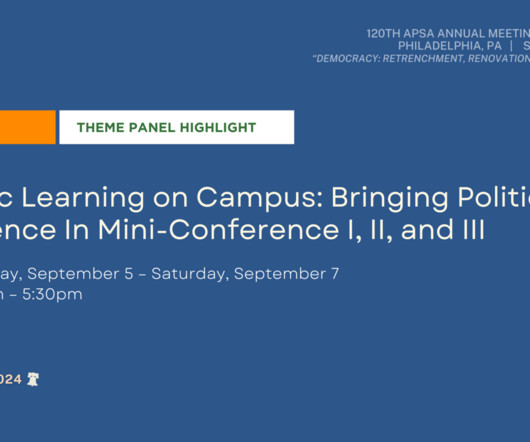Strengthening Civic Education: The Role of High-Quality Curriculum and Teaching Strategies
TCI
NOVEMBER 12, 2024
Civic education is the cornerstone of a functioning democracy, yet recent evaluations reveal significant gaps in how it is taught across the nation. High-quality civics and U.S. history instruction is essential for developing informed, engaged citizens who can navigate the complexities of modern society.



















Let's personalize your content